Not too long ago, if you wanted to hang something heavy on a wall, magnetic hooks weren’t even an option. You’d grab a screw-in hook, locate a stud, drill, and permanently attach it. Why? Traditional magnetic hooks just couldn’t support the weight without sliding down the wall. That’s because magnetic hook weight claims are based on "pull force"—the direct lift-off force needed on a flat steel surface—not the downward "shear force" that applies on walls.
But times have changed.
With a new, patented magnetic technology, there’s now a magnetic hook strong enough to rival the screw-in. This breakthrough in magnetic strength has made organizing and hanging heavier tools easier, without the hassle of drills, damage, or permanence. Intrigued? Let’s dive in.
Key Takeaways
Flexible Setup: Magnetic hooks attach easily to metal surfaces and can be repositioned without tools or damage, making them great for spaces where flexibility is key.True Heavy-Duty Capacity: While regular magnetic hooks struggle with heavier items on walls, Gator Magnetics’ advanced hooks deliver secure, high-weight support (up to 45 lbs. of shear force).
Minimal Damage: Magnetic hooks are damage-free; screw-in hooks require drilling, leave holes and marks, and are good for permanent setups.
Magnetic Hooks Overview
Magnetic hooks latch onto ferrous (iron/steel) surfaces and are highly portable, ideal for settings where you might need to rearrange often, like a garage or kitchen. While traditional magnetic hooks are rated for high weights, this weight is measured as "pull force," which doesn’t account for the real-life, downward "shear" force when hanging items on a wall. That’s why standard magnetic hooks have limited practical holding power on vertical surfaces, especially thinner metals.
The New Solution: Gator Magnetics’ advanced hook technology measures shear force directly on thinner metals, holding up to 45 lbs. without sliding—offering the first viable magnetic alternative to screw-in hooks for heavier items.
Screw In Hooks Overview

Screw-in hooks are sturdy, made to secure heavier items permanently. Typically installed in wood or drywall, they’re excellent for holding tools and heavier objects in garages, workshops, or closets. While highly effective, for best performance, they require drilling into a wall stud and use of tools, leave permanent marks, and aren’t easily repositionable.
Comparing Installation: Magnetic Hooks vs. Screw-In Hooks
Magnetic Hooks: Simply place on any ferrous surface, and they’re ready. Repositioning is effortless, and there’s no damage left behind—perfect for temporary or frequently changed setups.Screw-in Hooks: Installation involves tools (like a drill) and results in a more permanent placement. While this strength is great for heavy-duty uses, screw-in hooks require patching and repairing if removed.
Strength and Weight Capacity
Traditional magnetic hooks vary in strength, typically supporting up to 50 lbs. of "pull force" on thick metal. In practice, however, they struggle on walls, vertical surfaces due to a lack of shear force strength. Gator Magnetics solves this with a magnetic hook designed to perform on walls, supporting up to 45 lbs. in shear force on thinner metal surfaces, rivaling the weight capacity of many screw-in hooks, yet are flexible and moveable.
Screw-in hooks, on the other hand, remain a solid choice for heavy loads on various surfaces, especially for permanent installations in wall studs, wood, or drywall.
Applications and Versatility
Magnetic Hooks: Ideal for spaces like garages, workshops, and kitchens. They’re portable, easy to reposition, and great for lighter items—like utensils or tools you need to rearrange frequently. For heavier items, Gator Magnetics hooks provide robust support without the need for screws.Screw-in Hooks: Suited for long-term, heavy-duty use where a strong, fixed hold is essential, such as in garages, workshops, or closets.
Surface Compatibility
Magnetic hooks work best on metal surfaces like toolboxes, steel walls, or doors. Their flexibility can be limited in spaces without metal surfaces, but Gator Magnetics offers a steel panel system for enhanced organization options. Screw-in hooks, on the other hand, can be installed on wood, drywall, plaster, and other materials, although harder surfaces like concrete may need additional anchors.
Pros and Cons
Magnetic Hooks
Pros
Easy Setup: Instant, tool-free installation on metal surfaces.Flexibility: Easily repositioned without damage or residue.
Revolutionary Strength: Gator Magnetics holds up to 45 lbs. of shear force.
Cons
Surface Limitation: Require ferrous materials (steel or iron) for proper holding strength.Standard Magnetic Hooks: Often fall short of claims on vertical surfaces due to pull force limitations.
Screw-In Hooks
Pros
Permanent Strength: Securely holds heavy items and is durable.Versatile Placement: Can be installed on various surfaces, like wood or drywall.
Cons
Permanent Setup: Requires tools, leaves marks, and isn’t easily relocated.Damage Potential: Removing screw-in hooks can leave holes and surface damage.
Practical Tips for Choosing Between Magnetic and Screw-in Hooks
When deciding which hook to use, ask yourself:
Weight: Will the item weigh up to 45 lbs?Placement Flexibility: Will you want to reposition this item in the future?
Surface Compatibility: Do you have a steel surface for a magnetic hook?
Installation Preferences: Are you okay with drilling and making this a permanent fixture?
For Magnetic Hooks: Magnetic hooks are ideal for flexibility, ease of installation, and damage-free use, especially Gator Magnetics’ hooks, which handle heavier items on thinner metal surfaces.
For Screw-in Hooks: Screw-in hooks work best for heavy items where permanent stability is essential.
Maintenance and Longevity
Magnetic Hooks: Clean regularly to ensure a solid hold. Dust-free surfaces keep magnets functioning optimally, while Gator Magnetics’ easy-release lever system makes repositioning a breeze.
Screw-in Hooks: Inspect for rust or wear and ensure they remain tightly installed, especially for hanging heavy items.
Summary
In the past, screw-in hooks were the go-to for hanging anything with real weight. But with innovations in magnetic technology, Gator Magnetics hooks offer a revolutionary solution for heavy-duty hanging—no tools or surface damage needed. Whether you want flexibility and ease or a strong, fixed hold, now you can make the right choice for your organizing needs without compromise.
Frequently Asked Questions
Can magnetic hooks be used on any surface?
Magnetic hooks are not universally applicable; they work best on ferrous surfaces like metal, while non-ferrous materials such as wood and plastic will not hold them effectively.
What tools are needed to install screw-in hooks?
To install screw-in hooks, you'll need a drill and a screwdriver, and for harder materials, consider using suitable anchors. This ensures a secure fit for your hooks.
How much weight can magnetic hooks hold?
Strong magnetic hooks can support pull force weights of up to 50 pounds on thick metal surfaces.
Gator Magnetics Hooks can hold up to 45 lbs. of shear force on thin steel surfaces, making them highly effective for various hanging needs.
Are screw-in hooks suitable for outdoor use?
Yes, screw-in hooks can be suitable for outdoor use if installed properly and regularly inspected for wear and rust. Ensuring their durability will help maintain their functionality in outdoor settings.
How can I maintain the effectiveness of my magnetic hooks?
To maintain the effectiveness of your magnetic hooks, regularly clean them with a damp cloth or isopropyl alcohol to prevent dust or grease buildup.
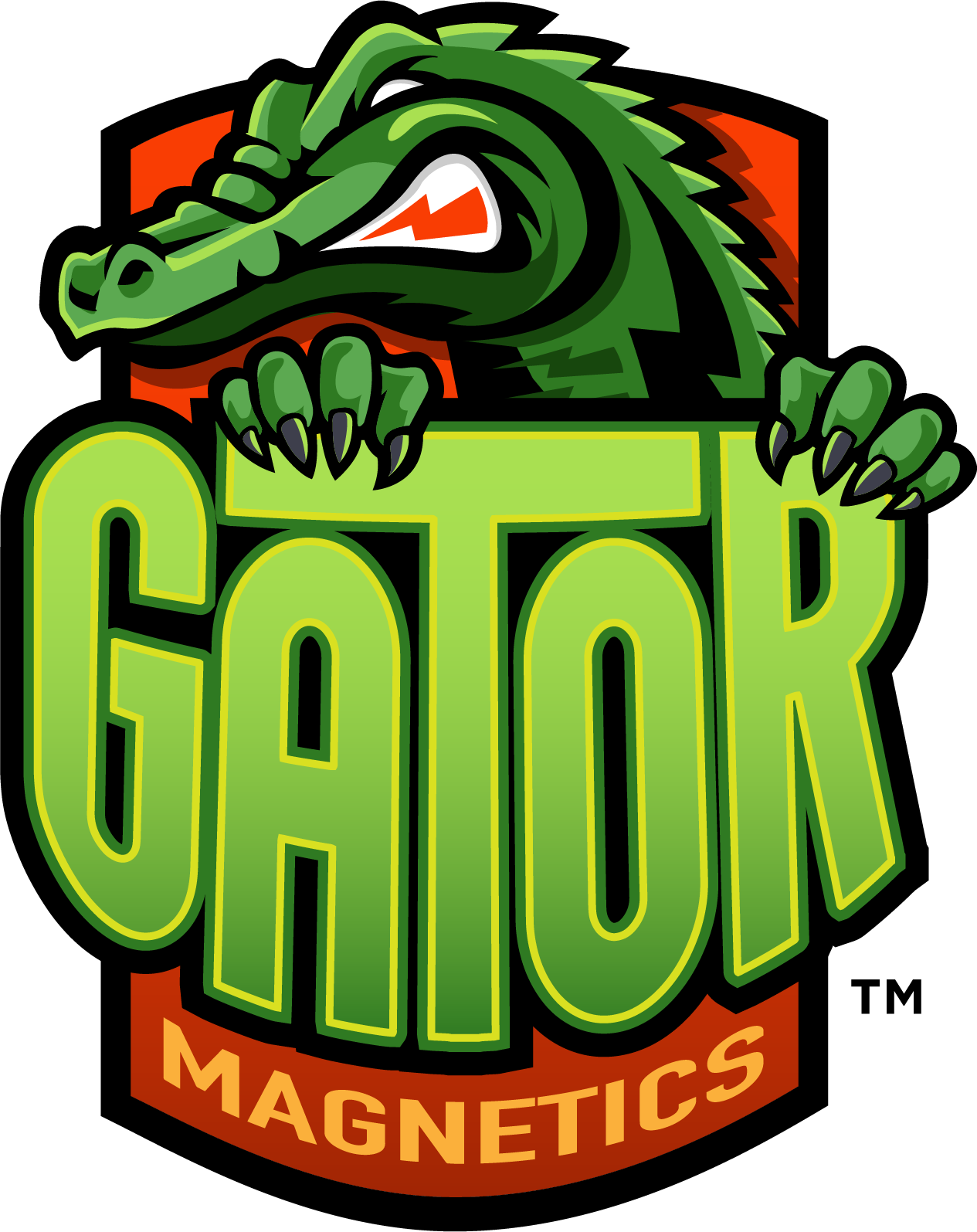
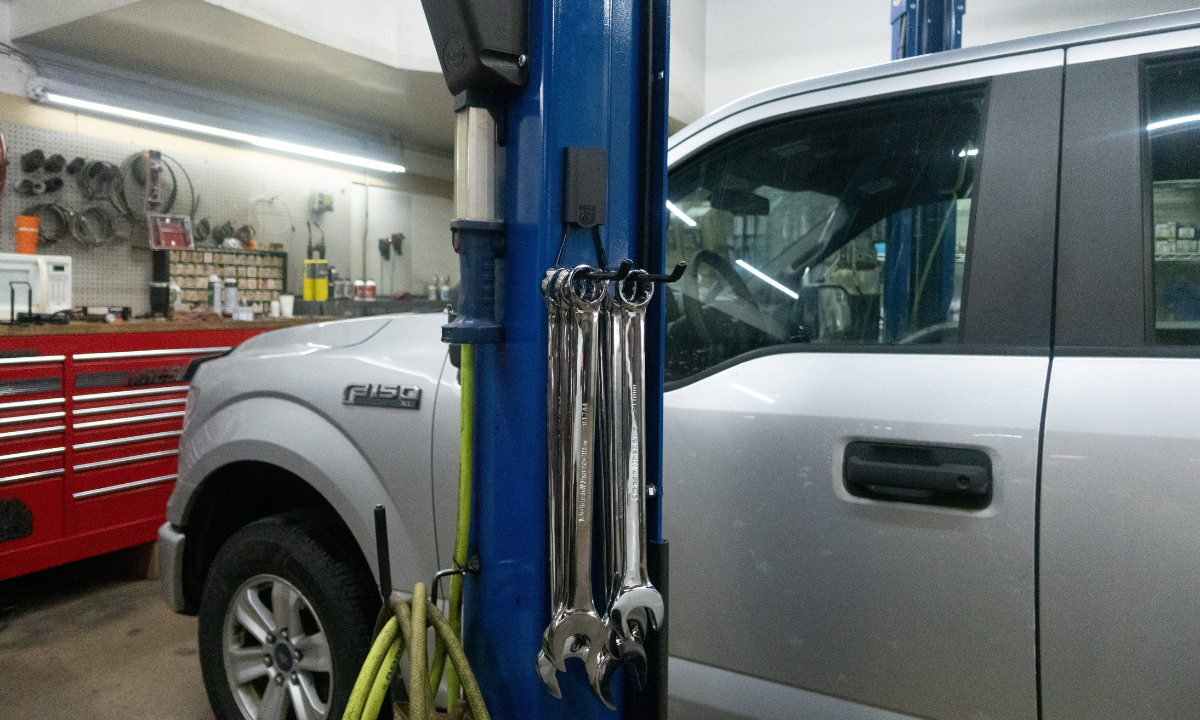
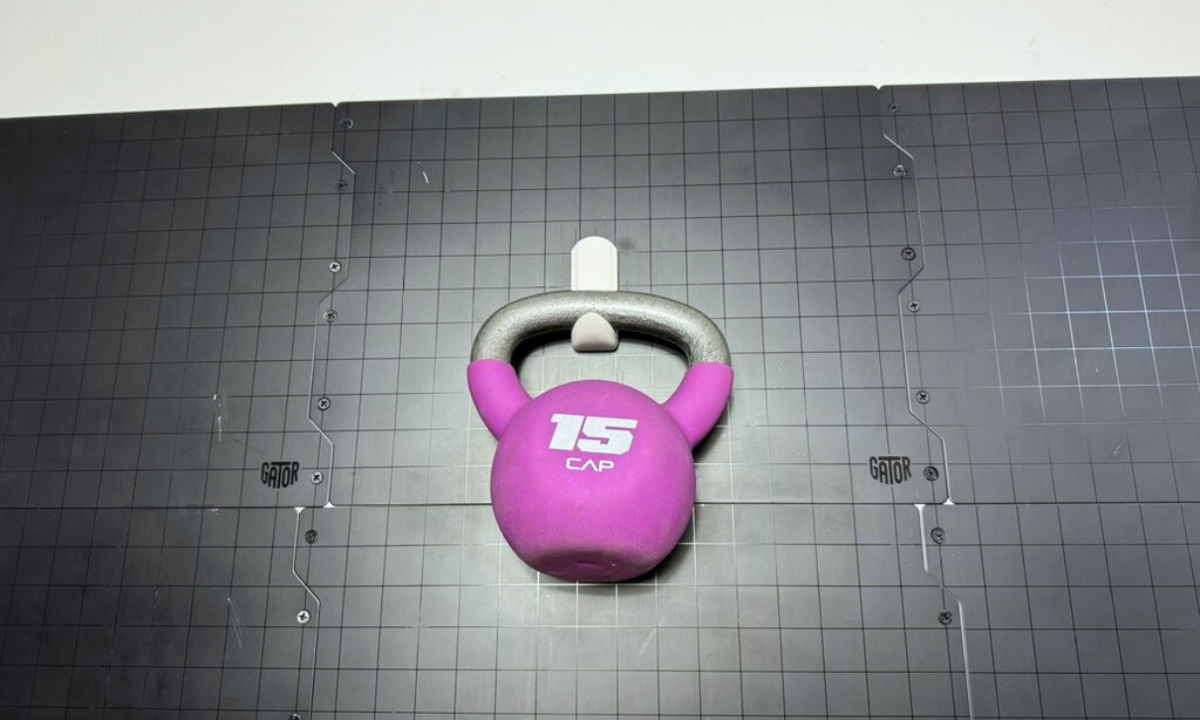
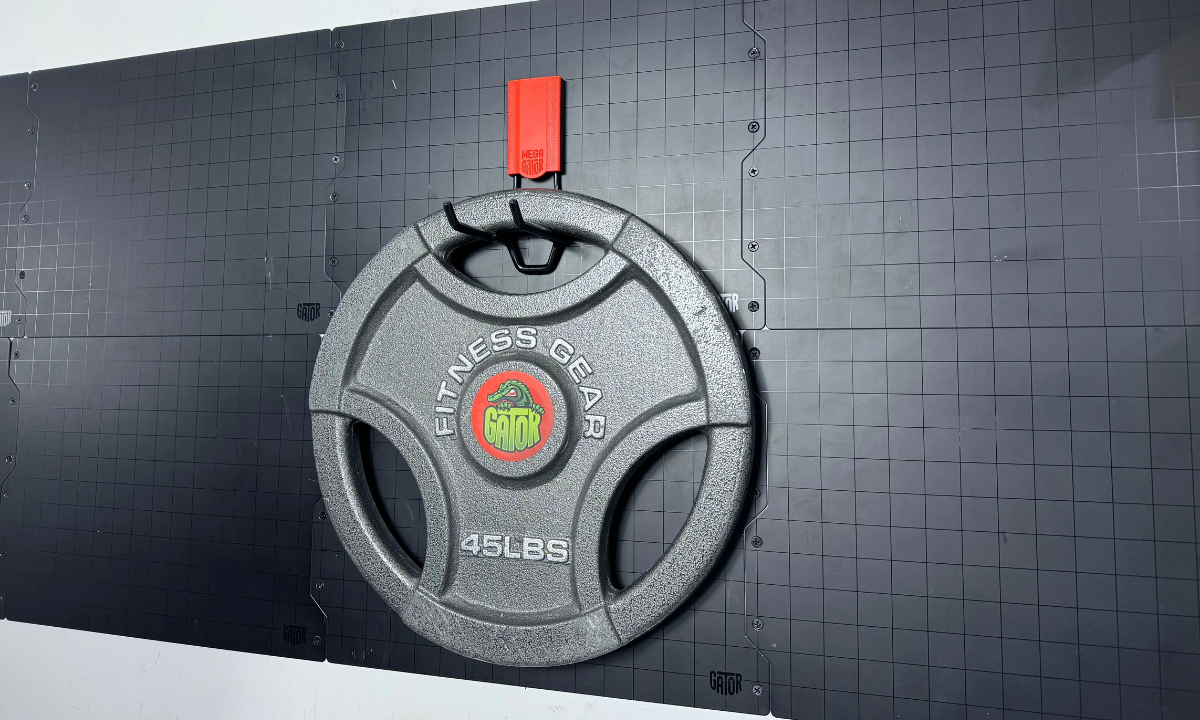


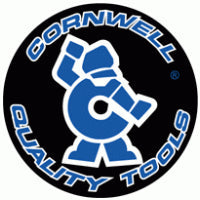
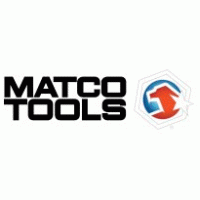
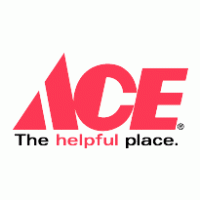

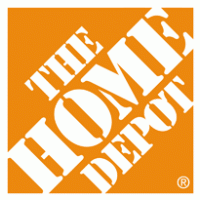



Leave a comment
This site is protected by hCaptcha and the hCaptcha Privacy Policy and Terms of Service apply.